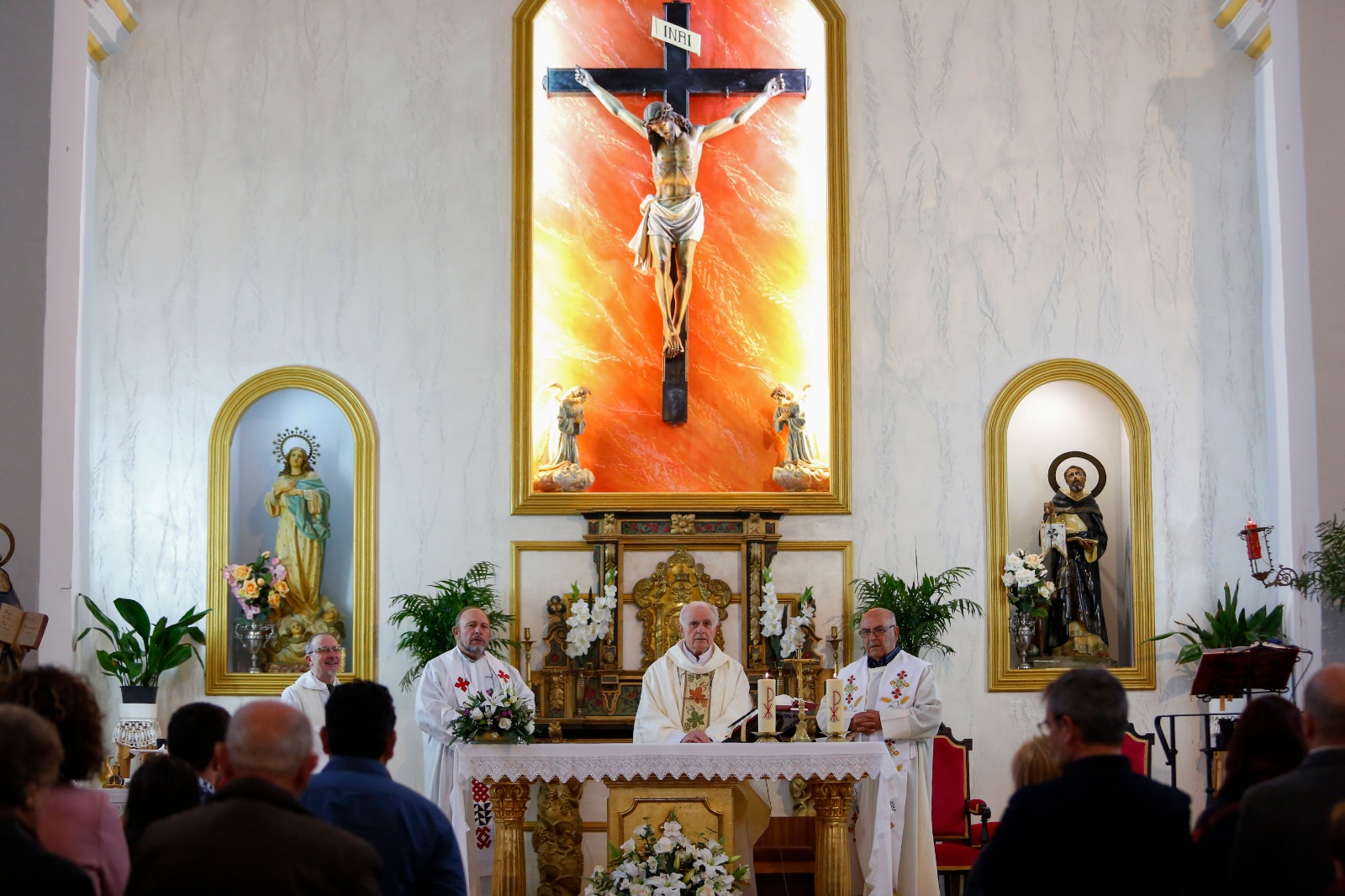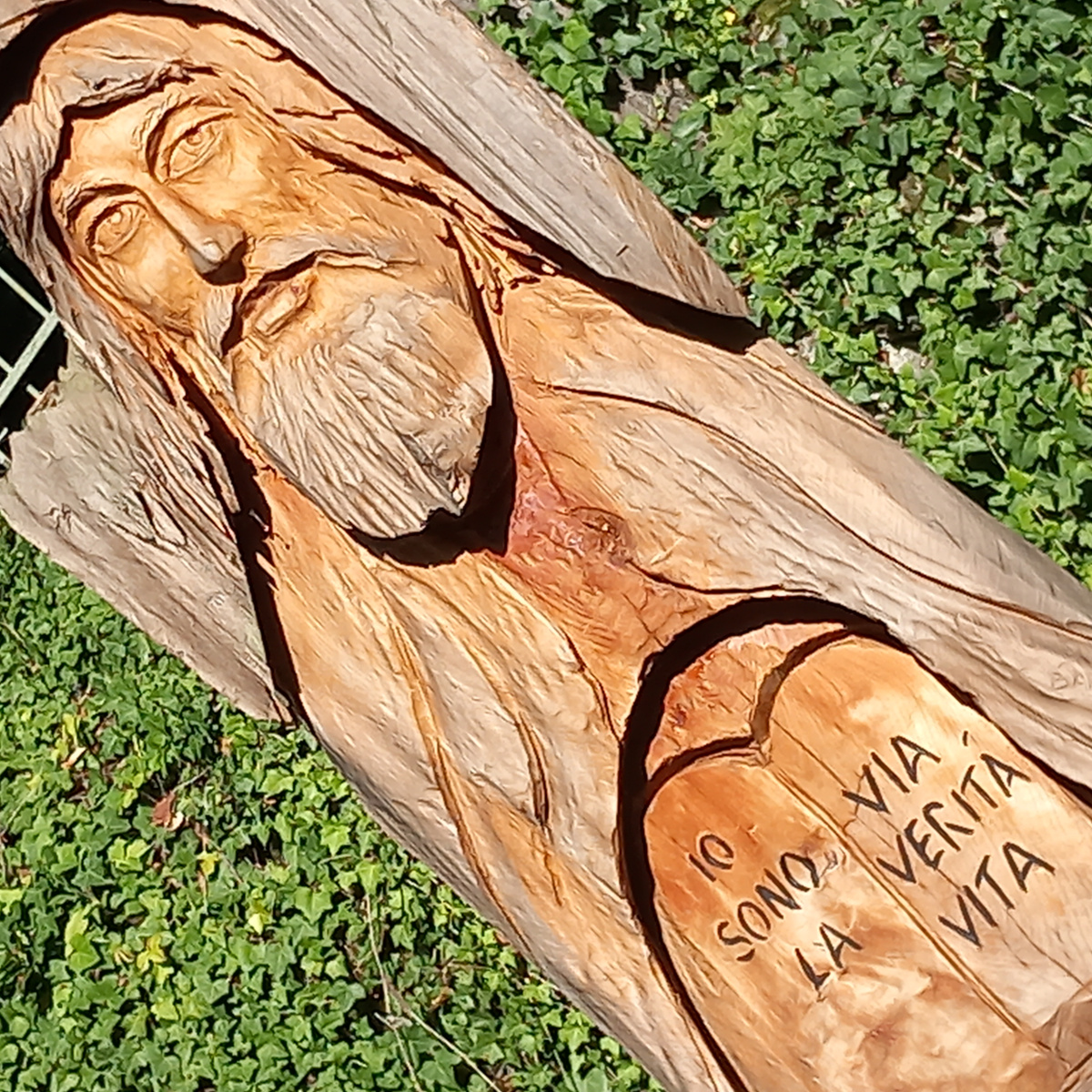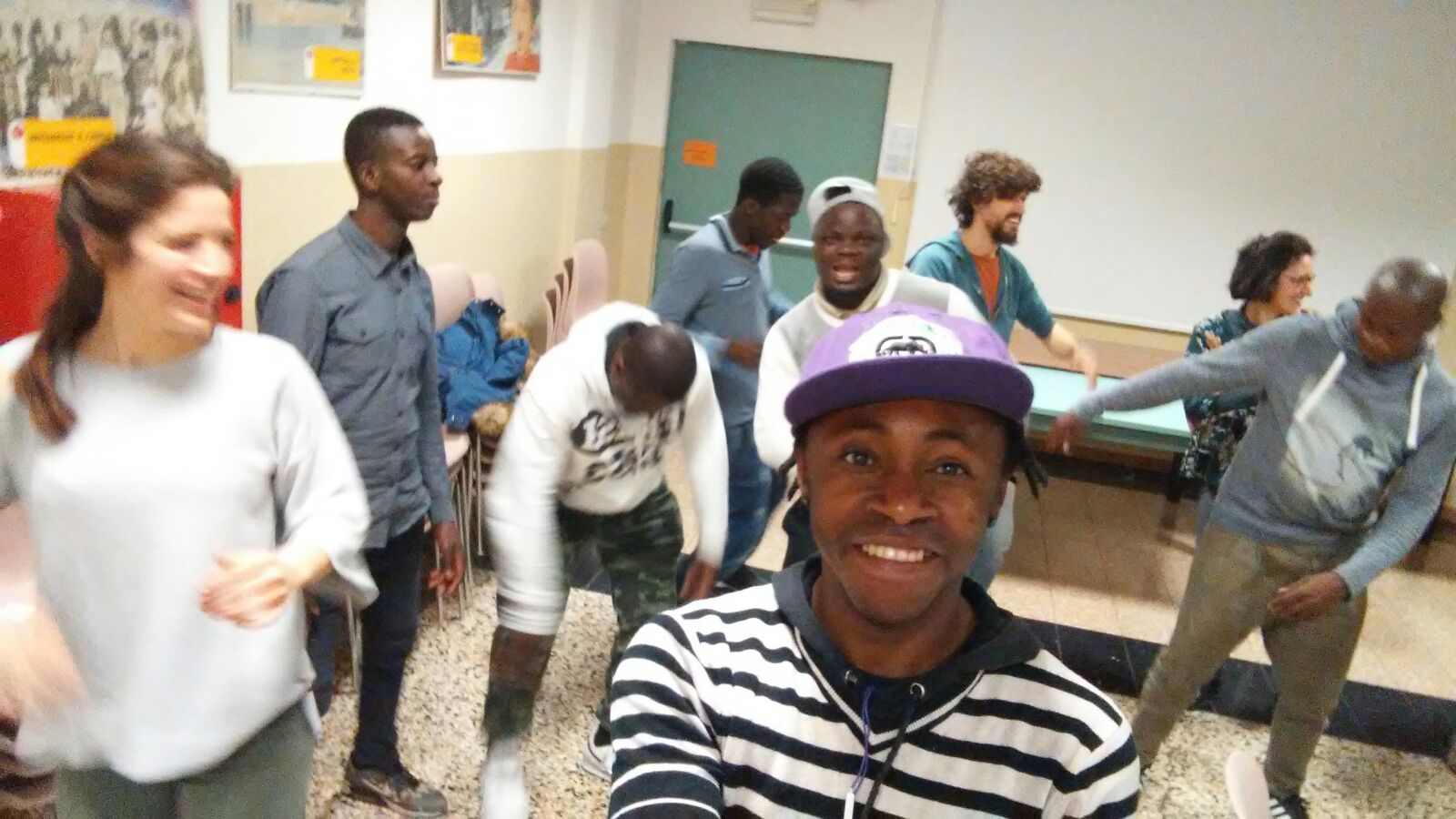The Word in the center. The conciliar decree on our life and ministry as priests (Presbyterorum ordinis, 4) presents the preaching of the word as the “first duty” of priests as collaborators with the bishops in the fulfillment of their mandate to “proclaim the Gospel of God to all” (cf. 2 Cor 11:7). Personally, I believe that I have lived this task progressively as a true privilege: to have at my disposal theoretical instruments to deepen the Gospel as a written word which leads to a vital encounter with the One who is the Incarnate Word, and then to have the possibility of transmitting this word to many others. This journey of deepening and meeting has been experienced not only in moments of study and meditation, but above all in moments of preaching, since this too can become a true experience of what is ordinarily called “living in Christ” (cf. Gal 2:20). Listening to the Word together with other missionaries was often an enriching experience. The weekly morning of shared reflection on the readings of the following Sunday made us discover new dimensions in the Word and in our ministry. This ministerial complementarity in listening was not always easy, but it often led us to discover in the Word a freshness that meditation from the point of view of the “professional preacher” risks not capturing.
Another significant moment of community listening was the participation, in a role other than that of the presidency, in the weekly meetings of the small Christian communities where we meditated together and prayed the reading of the Gospel the following Sunday. This often turned out to be surprisingly rich, because by doing so in the local African language, it gave our people a real opportunity to put the Gospel in “direct contact” with their daily life in the poor neighborhood where we lived. It is not often that I have encountered interpretations that are truly new to me, for the simple reason that it was not a matter of meditating on the Gospel to teach the poor, but of the poor reflecting on the Gospel from their point of view, from the concrete challenges they had to face. Moreover, they meditated and repressed the Gospel from within their religious experience, always deeply marked by the beliefs typical of traditional African religion. The community listening to the Word done by the missionaries, both among ourselves and with the local population, seemed to me necessary to avoid falling into “private interpretations” (cf. 2 Pet 1:20), often partial, as a response to situations, cultures and religious traditions, which a single person, even more so a stranger, can never know in sufficient depth. Experience has confirmed what we believe by faith, that is, that all the baptized receive from the Spirit the light which enables them to understand the Gospel of Christ and to see how to live it in their concrete reality. This is even more true when listening is done in a community context of prayerful reflection and study with a view to a more authentic following. The word heard then becomes the word preached, both in the liturgical context of the homily and in the various catechetical activities, in visits to families, in meetings with the sick and those who care for them, but also when it is “preached without words”, that is, in the concrete exercise of the various activities of charity and solidarity, and in the various projects of human promotion. In any case, the Word heard in the concrete context of the people and together with them, easily becomes a dialogue with their life in which the Risen Lord responds in the present to their concrete need for salvation.





